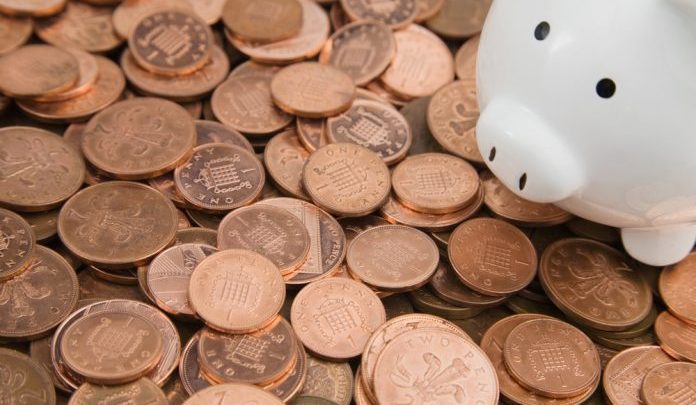With energy prices soaring, it can be hard for some to know how they are going to make ends meet. So much weaning information is full of long ingredients lists and expensive ingredients you might not be able to use up before they go out of date.
I don’t know about you, but I have noticed a huge difference in my food bill, and the increase in fuel cost is rather scary. If you are on a fixed tariff, you are lucky but the rises are coming to us all at some point.
We all want the best for our children and worrying about money can distract us from enjoying the time we have with them in the early years. It is okay to ask for help. You are not failing by asking for help.
Over the years, I have worked with lots of families on a range of incomes. It is possible to give your baby a healthy balanced diet on a low income but it is not always easy to find out how. That’s my passion. I want all parents to know how, because EVERY child needs good nutrition.
So here are 5 tips for saving money when it comes to food for you and baby.
1) If you can breastfeed, do. This will save you money on formula and on energy for sterilising. You don’t have to stop breastfeeding at 6 months, in fact it’s great for baby and for mums to continue.
Marketing and discounting of baby formula for under 6 months is banned in the UK, but marketing so called ‘follow on formula’ isn’t. So you will see lots of marketing and discounts on milks for older babies as brands try to compete for your money. You don’t need to be sucked into this. You can continue with breastfeeding or using the same formula.
2) Look for second hand weaning equipment – from high chairs to bibs and bowls, there are loads of parents who bought too much or who have finished with what they bought, so check out local selling pages or even free sites.
As I said earlier, don’t be afraid to ask. Lots of parents are too busy to list their weaning spoons or bibs on selling sites but they might be more than happy to give them away if someone asks. Don’t forget to wash them before use but usually items have lots of life left in them.
3) Eat what baby eats – this reduces food waste, energy and time. So when you have carrots, baby has carrots. When you have rice, baby has rice (just make sure it is suitable of course). Batch cooking can save time too.
If you are going down the puree route, soup is a great option for you when you are making vegetable purees. Add some extra herbs, spices, onion and garlic and you have a delicious warming soup. Eating the same foods also helps your baby learn to accept your family foods and provides them with a role model as they eat. I have worked with lots of families who have changed their diets for the better when they have introduced solids to their babies because they have reduced their salt consumption and thought more about balance than they did before.
4) Buy frozen! Frozen veg takes less time to cook, so uses less fuel but it is also much easier to cook what you need. Frozen fruit is also a great way of getting fruit which isn’t in season.
I love my freezer. Peas, sweetcorn, beans, broad beans, okra and spinach are usually in mine. Summer fruits are great for stirring into hot porridge to cool it down and add some vitamin C to help the iron absorption too.
5) Limit jars and pouches. It can cost twice as much to buy a pouch of mashed carrot as it does to buy a whole bag of carrots. Use them when you need but make your own if you can.
Jars and pouches are great for travelling or emergencies but they don’t provide the range of textures baby needs and they are very expensive. There is no pressure to cut these out, however, making your own and freezing batches or making your own and sharing the food as a family is a lot more economical.
For loads more tips, check out the Weaning on a Budget ebook. Plus it will guide you through the weaning process.




Leave a Comment
You must be logged in to post a comment.